The European Commission is expected to adopt new food labelling recommendations that could significantly increase costs for food and drink producers. The aim is to simplify and unify labeling standards across the EU, as current inconsistencies and unclear information leave consumers vulnerable to potentially unsafe foods and misleading claims. A report by the European Court of Auditors highlighted gaps in the existing Food Information to Consumers (FIC) regulations, including discrepancies in voluntary labeling practices and inadequate checks on online retailers, particularly non-EU vendors.
The report makes five key recommendations to address these issues:
These reforms aim to protect consumers while addressing industry challenges, but they may also place financial pressure on producers.
We are the UKs largest trade body for the meat industry and provide expert advice on trade issues, bespoke technical advice and access to government policy makers
We are proud to count businesses of all sizes and specialties as members. They range from small, family run abattoirs serving local customers to the largest meat processing companies responsible for supplying some of our best-loved brands to shops and supermarkets.
We are further strengthened by our associate Members who work in industries that support and supply our meat processing companies.
We are the voice of the British meat industry.

17 Clerkenwell Green
Clerkenwell, EC1 0DP
Tel: 020 7329 0776